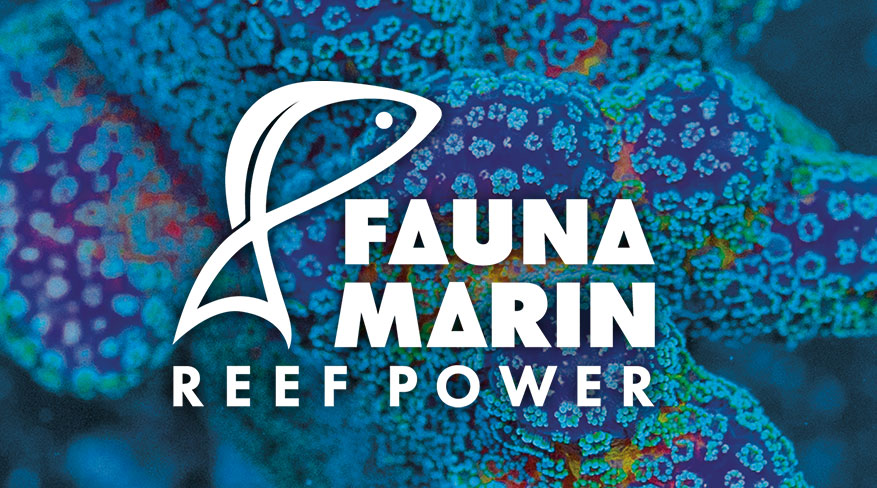One of the first things you hear when you get into saltwater is that you should ONLY use RODI water. It's so pervasive that I don't know anyone that doesn't use RODI water (granted I don't know a lot of reefers). On the other hand, virtually no one uses RODI water in freshwater tanks.
Forgive the basic question but, is there a reason why treated tap water would not work in the long term? Has anyone tried a long term experiment to see how reefs do with tap water?
- I've heard that the base TDS could rise overtime as tap water has high TDS compared to RODI. Salt water has a very high TDS though, wouldn't the amount in tap water vs RODI be negligible once you add in your salt? Plus wouldn't regular water changes prevent a buildup?
- I've also heard that there could be heavy metals / ammonia / other harmful chemicals, but don't water conditioners detoxify them?
- I've also heard that it can cause an algae bloom if you use tap water suddenly insted of RODI. But this is just a chemical imbalance that would level out as the beneficial bacteria / clean up crew adjusted to the new nutrient levels right?
So I'm curious if anyones tried just flat treated tap water before for extended periods. Appreciate anyone's thoughts / experiences using either RODI or tap water. Thanks!
Forgive the basic question but, is there a reason why treated tap water would not work in the long term? Has anyone tried a long term experiment to see how reefs do with tap water?
- I've heard that the base TDS could rise overtime as tap water has high TDS compared to RODI. Salt water has a very high TDS though, wouldn't the amount in tap water vs RODI be negligible once you add in your salt? Plus wouldn't regular water changes prevent a buildup?
- I've also heard that there could be heavy metals / ammonia / other harmful chemicals, but don't water conditioners detoxify them?
- I've also heard that it can cause an algae bloom if you use tap water suddenly insted of RODI. But this is just a chemical imbalance that would level out as the beneficial bacteria / clean up crew adjusted to the new nutrient levels right?
So I'm curious if anyones tried just flat treated tap water before for extended periods. Appreciate anyone's thoughts / experiences using either RODI or tap water. Thanks!

























